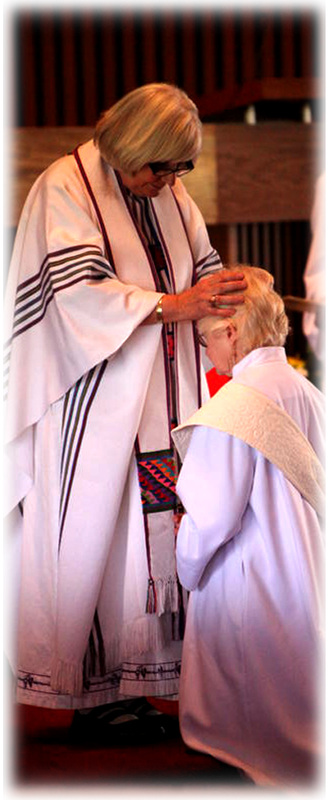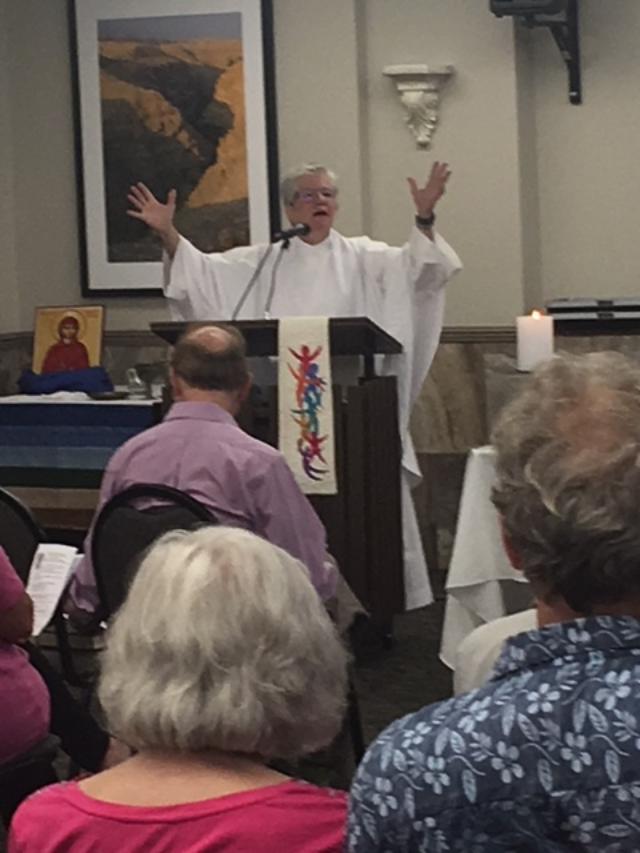Oct 6, 2024
26th Sunday in Ordinary Time
Helen Weber-McReynolds, RCWP
Numbers 11: 25-29; Ps. 19; Eph 4: 7, 11-16; Mark 9: 14-29, 38-41
This week we witnessed the destruction in multiple states in the southeastern US from Hurricane Helene. It brought home once again that extreme weather events are happening, as a result of shifting wind currents and rain patterns caused by rising land and ocean temperatures. Some of us may have family or friends who live in those area who were affected. Even if not, many of us are in a kind of mourning for our favorite places in Florida, Georgia, and the Carolinas, among other states. We wonder if those destroyed communities can ever be rebuilt.
The epicenter of the NC damage seems to be around Swannanoa. I am in mourning for that place. I have loved that area for many years and have been there many times. Besides being a beautiful place for humans to live, it happens to be one of the most diverse areas in the US for animals and plants. Many scientists do research there because of the huge varieties of species they can study. We have seen the damage to human communities and homes on TV and online. I wonder what the damage to other species was and if they will be able to rebound.
It is more and more clear that we are running out of time to turn the climate crisis around. And that it will take every ounce of human cooperation we can muster to accomplish it. Traveling to Europe, among other things, has made me aware that there is much more we could all be doing. In Scotland and Ireland, at least, I observed that people live in much smaller houses and drive much smaller cars. And the cars they have they don’t use very often. Many more people there walk or bicycle, or use public transportation whenever they can. They use much smaller, more efficient appliances, and many hang their clothes to dry rather than use the drier. They are incentivized by the government to recycle. Altogether, they are doing much more to conserve fossil fuels than we are.
So there are environmental extravagances that we could sacrifice more. More of us could consider putting solar panels on our homes, for example, and there are government programs to provide incentives. We could consider hybrid or electronic vehicles, or at least driving less, even by planning our errands ahead better to reduce the number of times we drive. We could eat less meat. Meat production requires so much more water use than plant foods- 2000 gallons for a pound of beef, for example, and about 500 gallons for a pound of chicken or pork. And we can certainly vote for candidates who support legislation to protect the environment.
St. Francis advocated for simplicity of lifestyle, out of love for the earth and a desire to protect it, but also to help the poor, and ultimately, to help ourselves have a better relationship with God. He modeled avoidance of over-consumption, and redistribution of wealth in the community. He knew from experience as a young man that concentration on property and possessions distracts from our spiritual work. Simplicity, he taught, frees us to concentrate on loving God and our family members, both human and more-than-human. And helps us appreciate the beauty and complexity of the millions of plants, animals, geological formations, and water systems around us.
So let us pray for all those of God’s creatures affected by the recent storms, and let us contribute to help them as best we can. But even more, let us educate ourselves about how simplifying our lifestyles can help reduce our impact on this beautiful planet of ours. Let us concentrate on loving God by loving all God’s creatures, as simply and sincerely as we can.
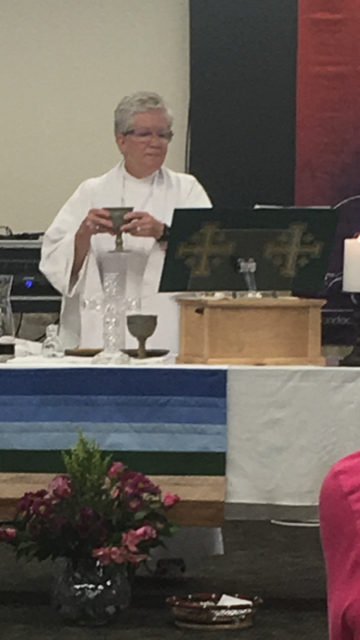
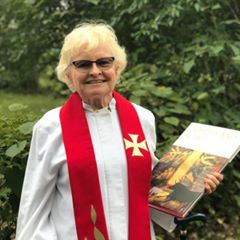
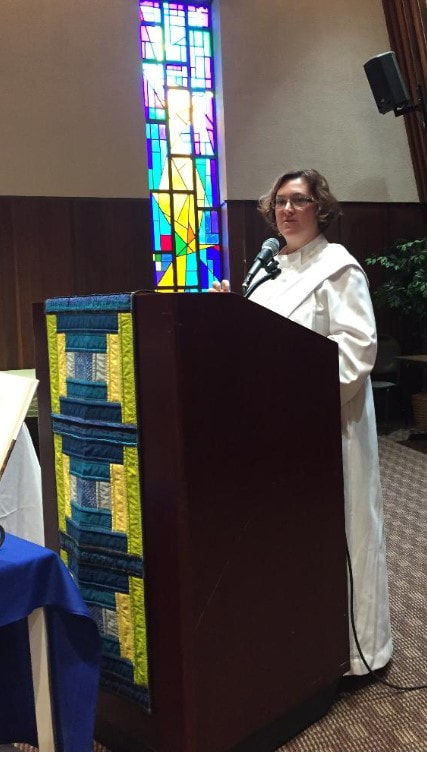
 RSS Feed
RSS Feed
